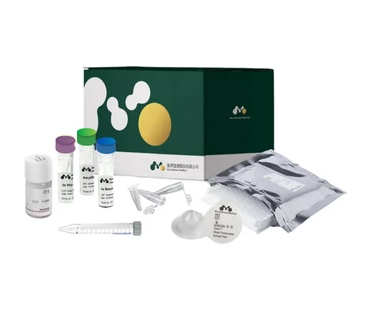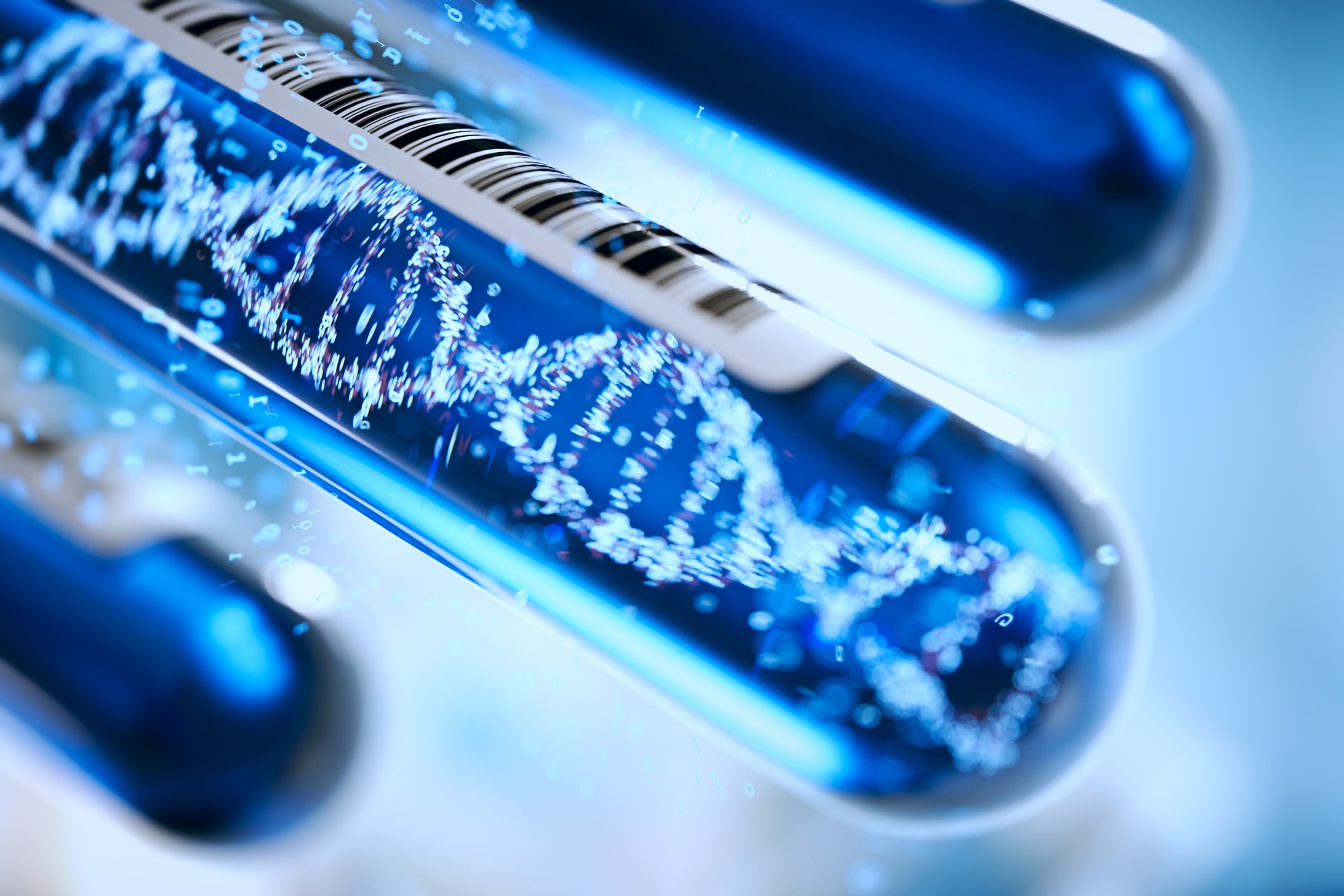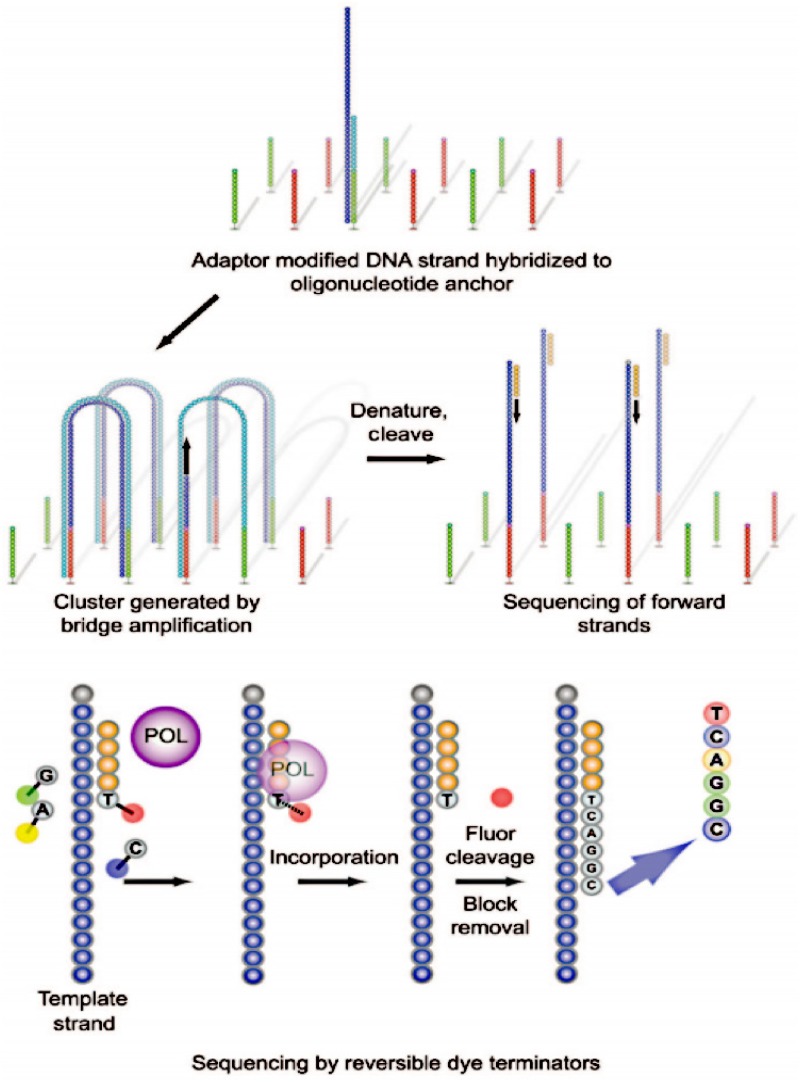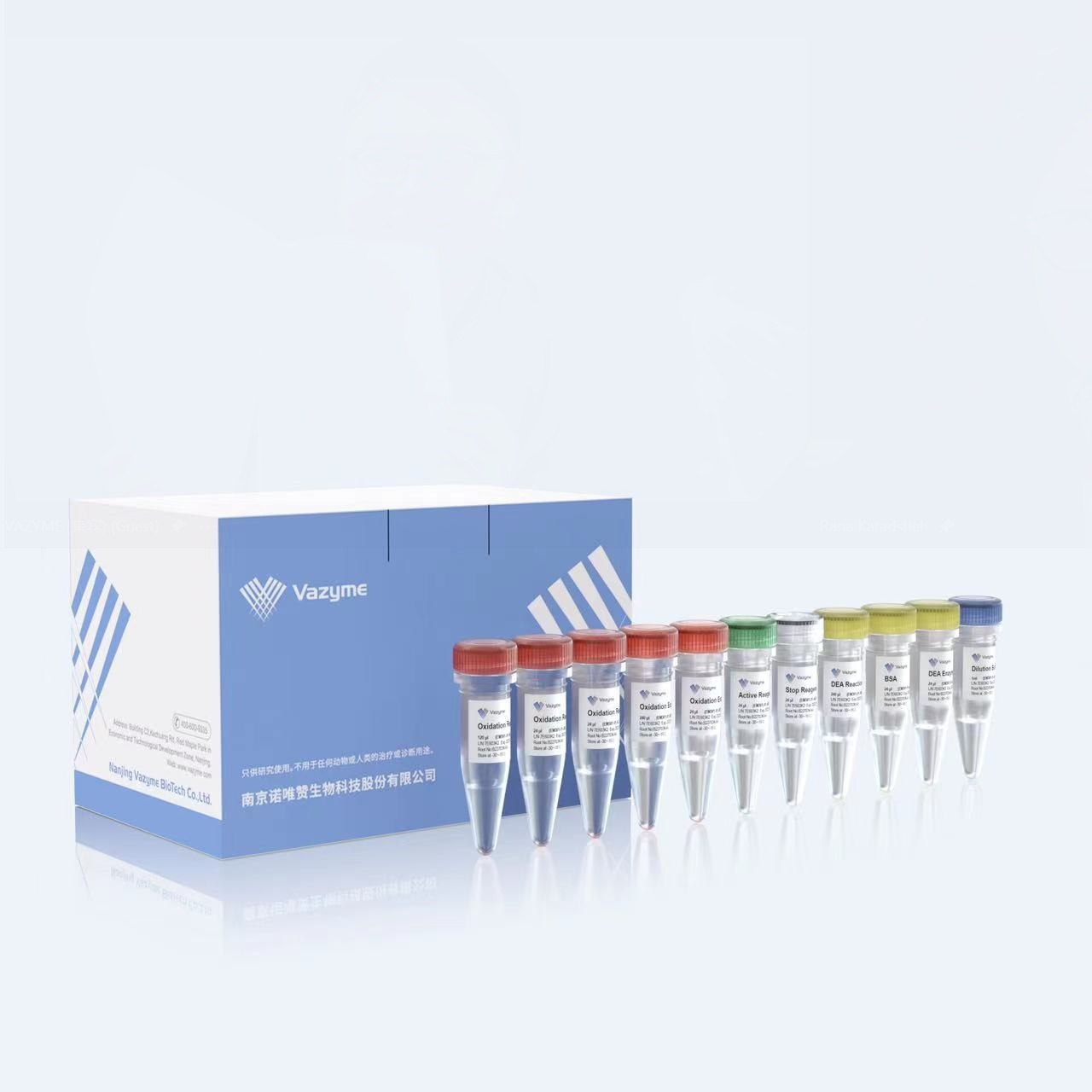
Microbial DNA Enrichment
A microbial DNA enrichment kit is a set of tools and reagents used to increase the concentration of specific microbial DNA in a given sample. These kits are commonly used in microbiology, genomics, and metagenomics to target and amplify the DNA of interest from complex samples containing multiple microbial species.
Here's how a microbial DNA enrichment kit typically works:
- DNA extraction: First, total DNA is extracted from the microbial sample. Different extraction methods can be used, such as cell lysis, DNA purification, and concentration.

- Target selection: Next, the kit contains specific probes or primers designed to bind to specific DNA sequences corresponding to the target microorganisms. These targets can be specific genes, conserved regions of DNA, or genetic markers unique to certain microorganisms.
- Hybridization: The probes or primers are added to the extracted DNA sample, and a hybridization reaction is performed to allow specific binding between the probes and the target DNA sequences. This helps concentrate the DNA of interest.
- DNA amplification: Once the probes or primers have specifically bound to the DNA targets, an amplification reaction such as polymerase chain reaction (PCR) is used to selectively amplify the corresponding DNA sequences. This step allows for a higher concentration of the target DNA compared to other DNA sequences present in the sample.
- Purification of amplified DNA: The amplified DNA is then purified to remove unbound probes, primers, reagents, and unwanted contaminants.
Once these steps are completed, the enriched DNA can be used for various analyses, such as next-generation sequencing (NGS), characterization of microbial communities, identification of specific species, pathogen detection, etc.

